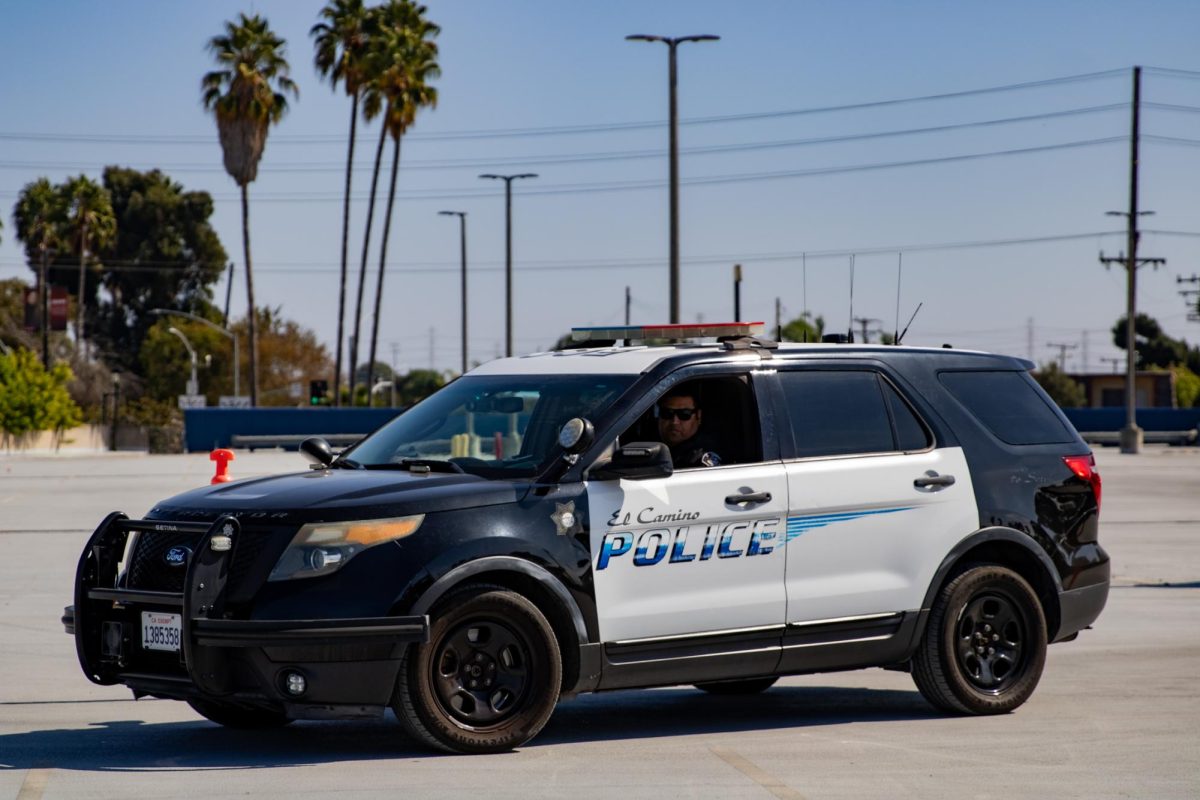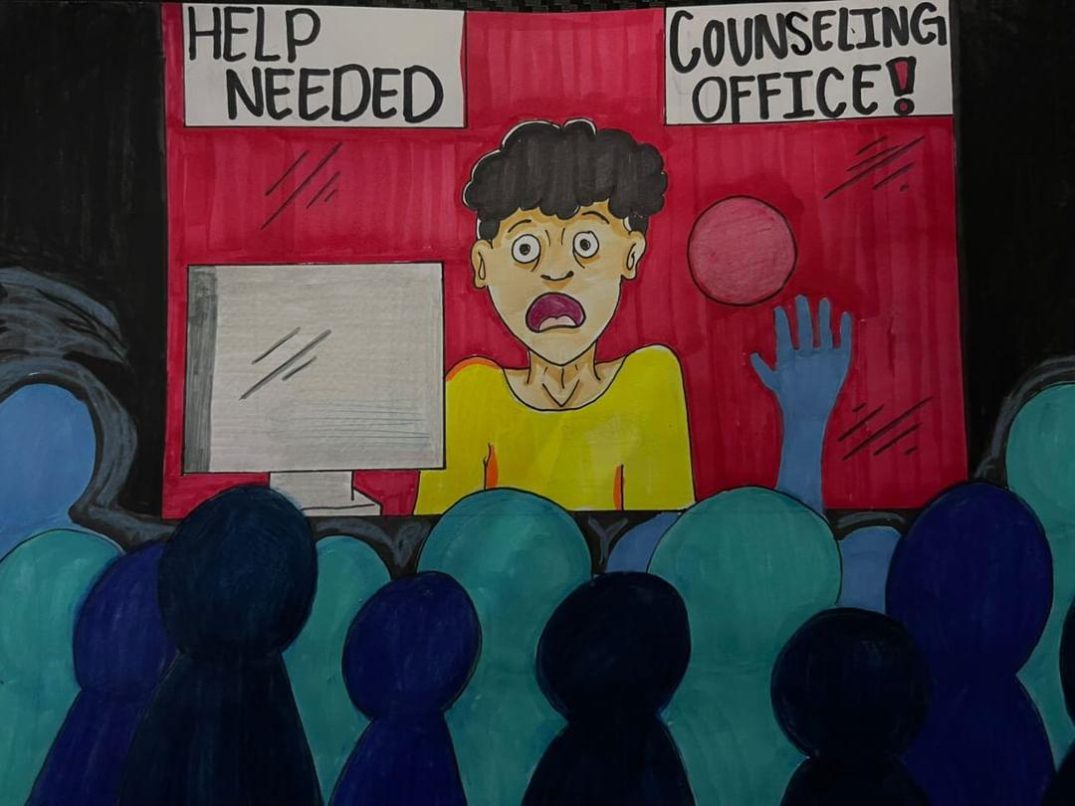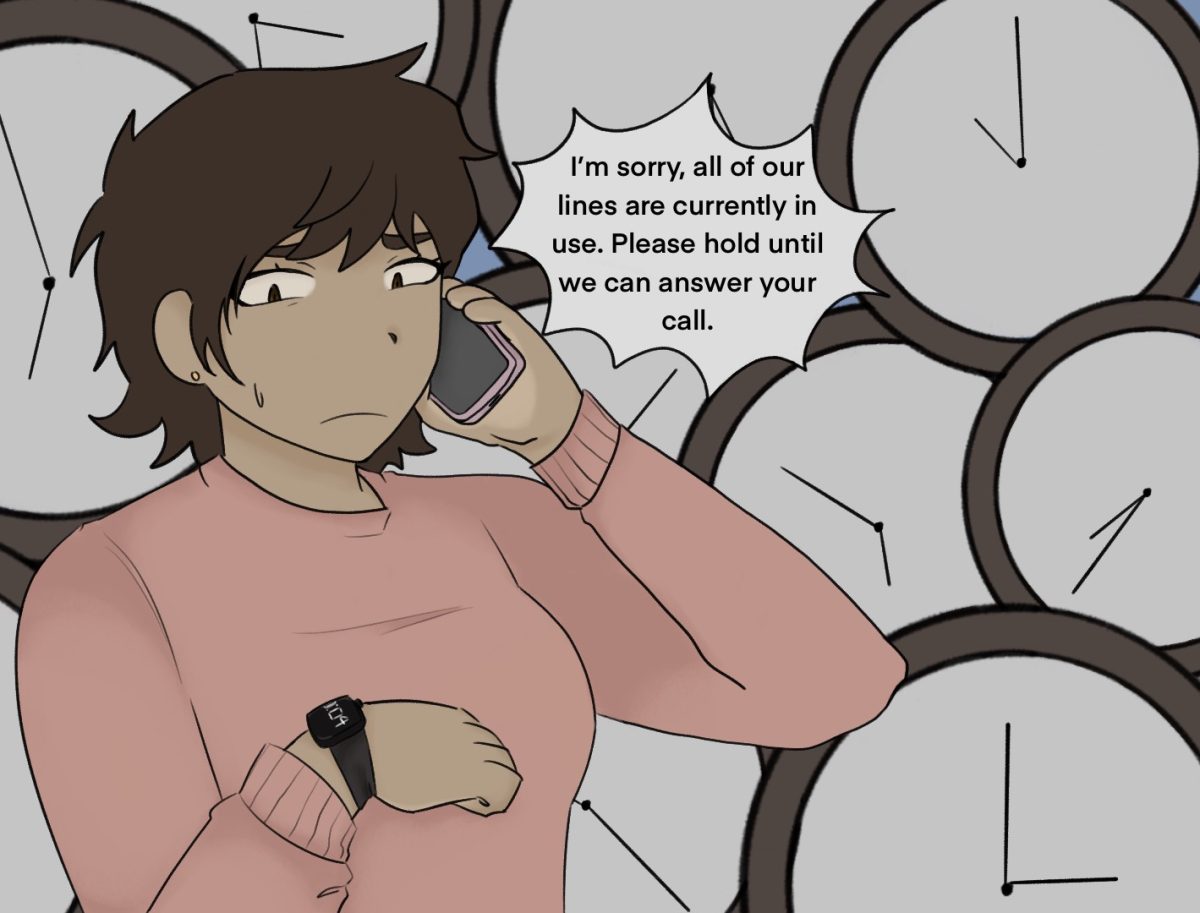Shocked students look on with fear in their eyes as they witness their physics professor, standing at his desk in front of the classroom, drop a laptop into a vat of liquid nitrogen.
As a thick fog consumes the desk, the professor removes the laptop from the gas-filled container and proceeds to smash it into little pieces. Lesson for today: laptops in the classroom will not be tolerated.
This staged demonstration was recently posted on YouTube to show the lengths that one professor was willing to go to in order to get his point across regarding his no laptops in class policy.
Since its invention and public release in 1981, laptops have become increasingly more common in classrooms.
However, some instructors must now banish laptops from his or her classrooms due to students surfing the Internet or finishing assignments that do not pertain to the lecture being taught.
The Washington Post reports that professors from George Washington University, University of Virginia and American University, among others, have deemed it necessary to prohibit laptops in class.
According to The Chronicle, Diane Sieber, an associate professor at the University of Colorado, finds that students have no problem telling other students to refrain from using their laptops during lecture.
“Students ask their classmates, ‘Please don’t watch movies on your computer, because I’m behind you and I can’t focus,'” Sieber said.
Laptops are a priceless commodity when considering their long-term value, but it’s how they are used that separates the scholars from the plebs.
There are students who find it easier, more efficient and faster to type their notes rather than write them out. This method is more effective in classes that don’t utilize too many symbols or diagrams during lecture.
Since many campuses now provide free wireless access, “a laptop can be helpful for looking up relevant information, a process that has the potential to enhance the academic experience,” Arstechnica.com, a technological news site reports.
Professors also have the ability to utilize laptops as an educational tool to open up the world to their classroom.
“Educational enhancements and live coverage of world events are amongst the many valuable assets a laptop can offer today’s educators,” according to news site Helium.com.
So one must ask, are laptops and the students using them, or the educators banning them, the real issue?
Regardless, everyone has his or her part to play when it comes to proper laptop etiquette.
Students, if you wish to use your laptop in class, sit in the back so that you don’t distract anyone. And if the classroom lights are turned off, turn off your computer altogether.
This campus is equipped with free wireless Internet, a privilege that should not be taken lightly. Unless the instructor specifically asks students to go online while in class, all wireless capabilities should be disabled.
Instructors should also monitor those students who are using their laptops by strolling by the desks to check out what’s on screen.
Students and instructors alike can agree that laptops have enhanced the learning experience-if used properly.
It is up to the individual to take advantage of its benefits. However, by using proper laptop etiquette at all times in the classroom.






